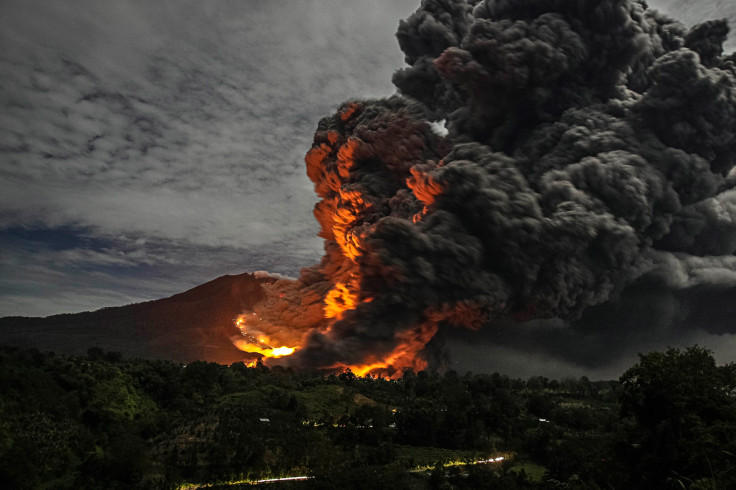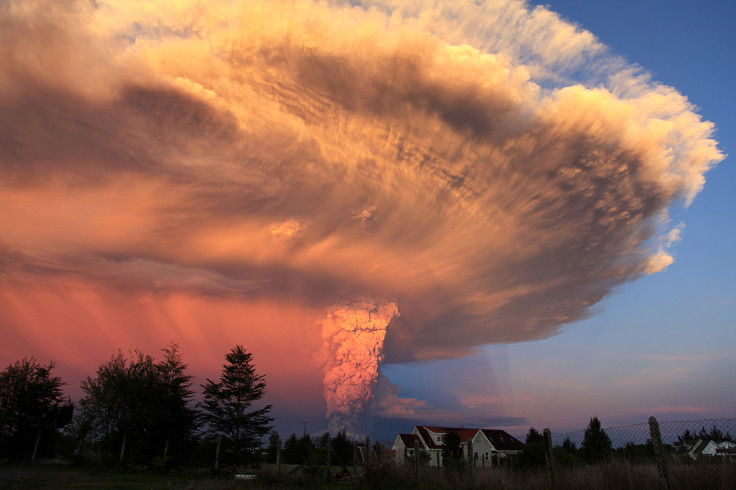How volcanic eruptions have changed life on Earth over the past 2,500 years

Volcanic eruptions have altered life on Earth over the past 2,500 years, changing the course of human history and causing 15 of the 16 coldest summers recorded between 500BC and 1,000AD.
Led by scientists at the Desert Research Institute in Nevada, researchers used new records to settle an old problem of how much volcanic eruptions contribute to climate variability – while it has long been known large eruptions cause global cooling, quantifying it has been difficult.
Using 20 individual ice cores from ice sheets in Greenland and Antarctica, the team looked for volcanic sulphate – providing a year-by-year history of atmospheric levels of sulphate over the years. They were able to reconstruct the timing of almost 300 volcanic eruptions going back 2,500 years.
Lead author Michael Sigl said: "Using new records we are able to show that large volcanic eruptions in the tropics and high latitudes were the dominant drivers of climate variability, responsible for numerous and widespread summer cooling extremes over the past 2,500 years.
"These cooler temperatures were caused by large amounts of volcanic sulphate particles injected into the upper atmosphere, shielding the Earth's surface from incoming solar radiation."
In total, 24 scientists from 18 universities and institutes collaborated – a multidisciplinary approach that was "key" to the project, which required matching ancient historical records with the precise ice-core records.
The team translated and interpreted ancient records from China, Babylon (Iraq) and Europe that told of unusual atmospheric observations as early as 254BC – with phenomena like diminished sunlight, red twilight skies, discolouration of the solar disk and the presence of a solar coronae.

Findings showed the impact of volcanic eruptions was strongest and most persistent after clusters of two or more major eruptions. They showed large eruptions in the Northern Hemisphere in 536AD, 626AD and 939AD caused severe and widespread summer cooling.
The findings also lay to rest one of the most severe climate crises in recent history, when a dust cloud covered the Mediterranean from March 536AD for a year and a half.
A large eruption in the high latitudes of the Northern Hemisphere was followed by an eruption somewhere in the tropics just four years later – following this, cold summers were observed throughout the Northern Hemisphere for almost 15 years, with crop failures and famines as a result.
Authors believe this could have contributed to an outbreak of the Justinian plague that decimated populations across Eurasia from 541AD to 543AD.
Joe McConnell, one of the study authors, said: "This new reconstruction of volcanic forcing will lead to improved climate model simulations through better quantification of the sensitivity of the climate system to volcanic influences during the past 2,500 years.
"As a result, climate variability observed during more recent times can be put into a multi-millennial perspective – including time periods such as the Roman Warm Period and the times of significant cultural change such as Great Migration Period of the 6th century in Europe."
© Copyright IBTimes 2025. All rights reserved.






















